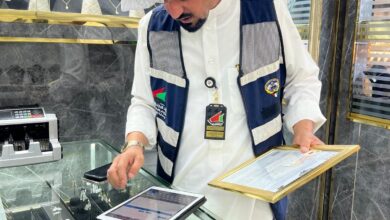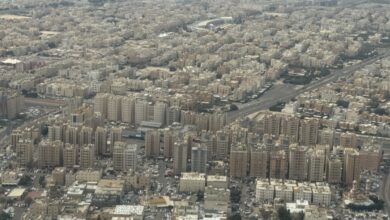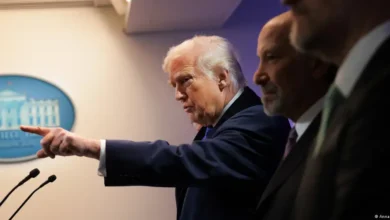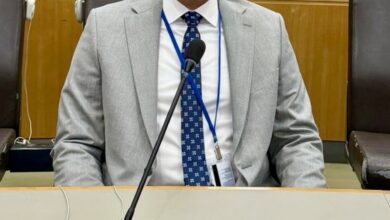Kuwait deploys 100 patrols to secure 66 mosques, markets
Efforts will be concentrated during the holy month, which sees a large influx of worshipers to mosques and a high density of visitors to markets and commercial complexes for shopping purposes.
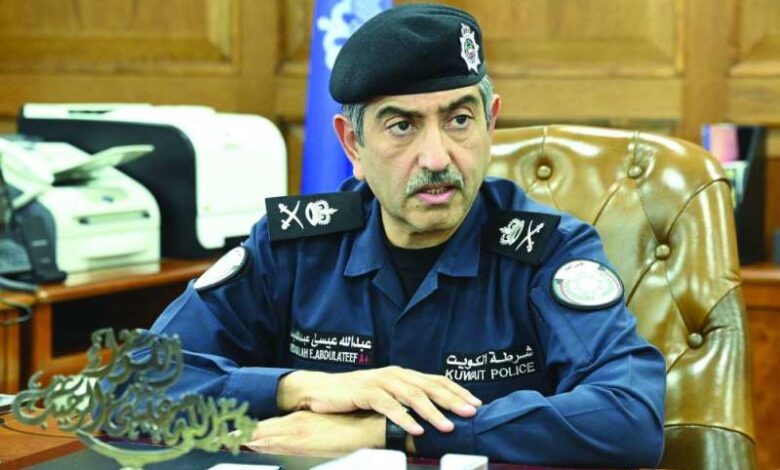
-
Major General Abdullah Al-Rajaib, the Assistant Undersecretary for the Public Security Sector, explained that clear instructions have been issued to prioritize the security of the homeland and the safety of citizens and residents
The Ministry of Interior has commenced its plan for the holy month of Ramadan, deploying extensive security measures to safeguard mosques, places of worship, and markets. This initiative aims to monitor the security situation and ensure the safety of citizens and residents.
The Assistant Undersecretary for the Public Security Sector, Major General Abdullah Al-Rajaib, revealed in a special statement to Al-Rai newspaper that approximately 100 patrols and 200 military personnel, including officers and individuals, have been deployed to secure 66 mosques, particularly those experiencing high levels of worshipers, and markets. He confirmed that the size of the force would increase during the holy month.
During the final days of Ramadan, there will be an increased presence of police patrols in residential areas, particularly in front of associations, cafes, and some Ramadan festivals across several governorates.
He explained that clear instructions have been issued to prioritize the security of the homeland and the safety of citizens and residents. Efforts will be concentrated during the holy month, which sees a large influx of worshipers to mosques and a high density of visitors to markets and commercial complexes for shopping purposes.
Al-Rajaib stressed that the instructions stipulate not to overlook monitoring any instances of law violations, breaches of public morals, or presence of beggars and street vendors. This will be done in coordination with relevant authorities. He warned that any expatriate caught will face stringent legal measures and deportation from the country. There will be no leniency for those who do not adhere to the state’s laws.







